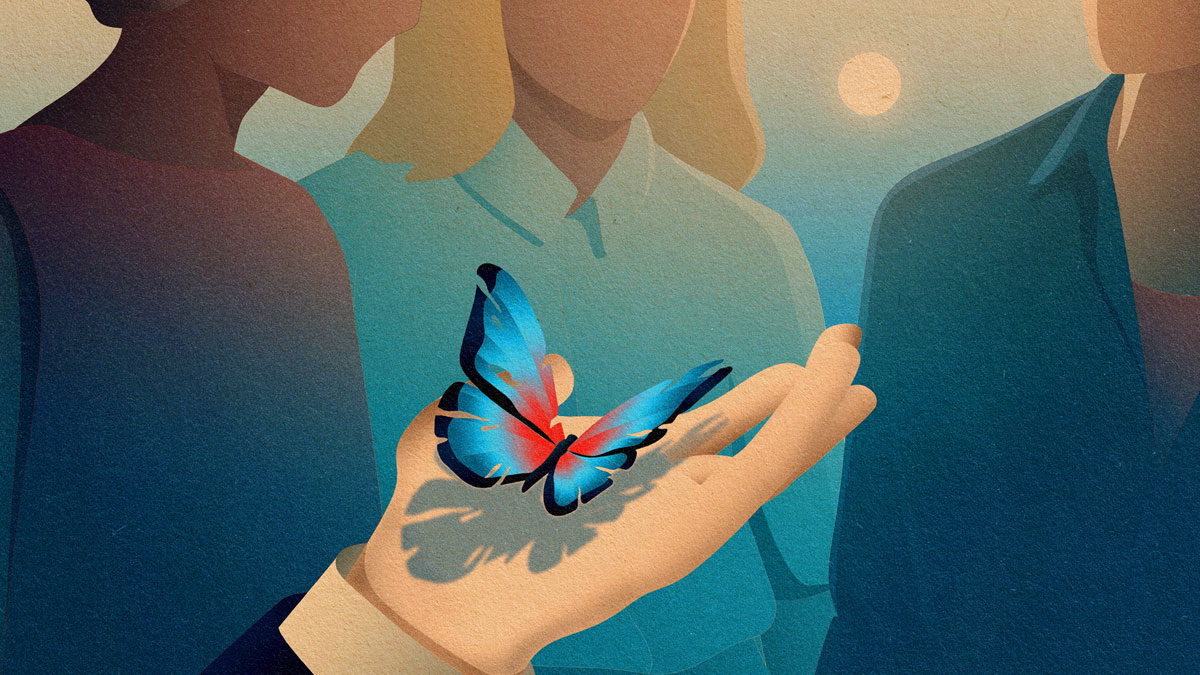In her Ted Talk, Brené Brown covered a wide range of pertinent and significant subjects, many of which center around vulnerability. What is a vulnerable state? As Brené stated in her Ted Talk, vulnerability is what makes people fall short of perfection. Ironically, a person's vulnerability really makes them the most flawless person ever. Without accepting your weaknesses, you will never be a complete person, or as she put it, "wholehearted." During her research, Brené spoke to a few people she thought were wholehearted, and she realized that the only thing they all had in common was the courage to talk about their weaknesses and not hide them, the courage to be imperfect.
This leads her to her second argument, which is the importance of self-love and compassion since we are unable to show compassion for others if we do not first have compassion for ourselves. People frequently try to conceal their weaknesses and avoid talking about them because they believe doing so will make them feel worse. The most crucial point, in my opinion, is when Brené discusses how vulnerability may trap us in a risky loop. There is no option for people to decide the feelings they wish to numb. When someone attempts to suppress their positive emotions—happiness, joy, love, etc.—they unavoidably suppress their positive emotions as well, such as vulnerability, fear, disappointment, and humiliation. Therefore, they end up living a miserable life and that makes them vulnerable again, and the cycle starts again. This is very true because a person is never complete unless they accept their mistakes or problems, weaknesses, and vulnerabilities, them not acknowledging and accepting their negatives they will never be fully happy in life.
Breaking down the walls that have been so strongly erected between you and your emotions requires being completely open to expressing and experiencing your emotions. Vulnerability is expressing yourself openly about something you care so deeply about, even when doing so might result in criticism or retaliation. In order to be considered human, one must first admit that one is imperfect. Recognizing your imperfections is what makes you human. What defines us as humans are the aspects of ourselves that we are not proud of, the aspects of ourselves that make us feel frail or vulnerable. They make it possible for us to empathize with other people and form stronger connections with those we interact with. They also motivate us to want to assist other people and to establish a personal connection with the people we assist. We are all susceptible to these weaknesses, and we are unique and essential in the world because of these flaws.









